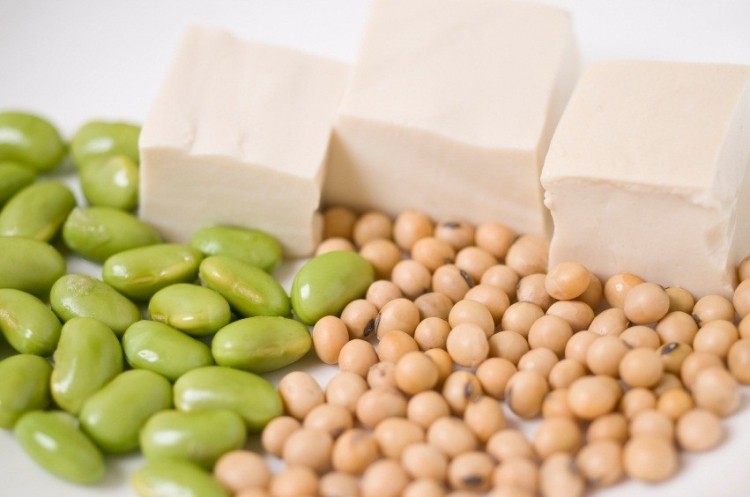Bill Gates: Food industry innovation crucial for health and food security

Gates says that it seems clear that livestock production will not be able to keep up with growing global demand for meat and dairy, writing in a recent post for Mashable – and he says that is one reason he is ‘excited’ about innovations in the food industry, particularly in the area of meat alternatives.
“There’s quite a lot of interesting physics, chemistry and biology involved in how food tastes, how cooking changes its taste, and why we like some tastes and not others,” he says.
Gates singles out Beyond Meat as a particularly interesting meat analogue example, saying that he “honestly couldn’t tell it from real chicken.” He’s in good company; New York Times food writer Mark Bittman has also said he was fooled by the product.
Made from a dry mix of soy and pea powders, carrot fiber and gluten-free flour, it has been making waves among vegetarians (and vegans) in the United States. The mix is cooked, cooled and extruded to simulate the texture of chicken, including a realistic meat-like shear when pulled apart, and is the result of more than a decade of research by Dr Fu-Hung Hsieh and his colleagues at the University of Missouri.
Meanwhile, Nu-Tek’s potassium chloride-based salt replacer was among ingredients highlighted for their potential to improve health, alongside egg replacers and low-fat cheese.
“All this innovation could be great news for people concerned about health problems related to overconsumption of fat, salt and cholesterol. It’s important too in light of the environmental impacts of large-scale meat and dairy production,” he wrote.
However, Gates is most interested in ways to change how we think about protein, to recognise that plants contain plenty of protein, and animals don’t have to be the main dietary source.
“Our approach to food hasn’t changed much over the last 100 years. It’s ripe for reinvention. We need to look for new ways to raise nutrition in the poor world while shifting some of our choices in the wealthy world.
“Fortunately, there are thousands of plant proteins in the world, and many of them have yet to be explored for use in the production of meat alternatives. Current investigations of the world’s vast array of plant proteins could fundamentally reshape our food supply for the better.
“I’m hopeful that we can begin to meet the demand for a protein-rich diet in a new way. We’re just at the beginning of enormous innovation in this space.”
Click here to read Gates’ full article.























